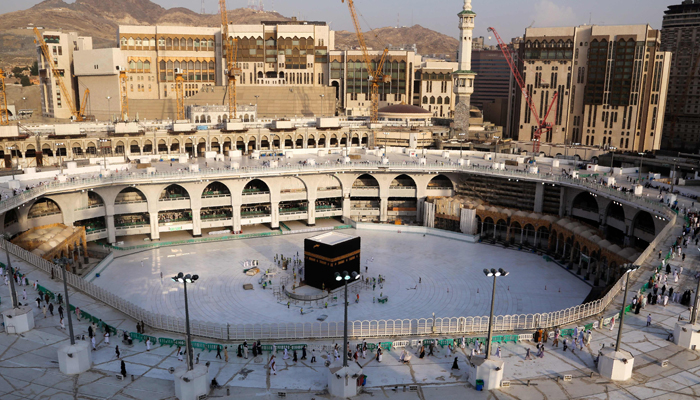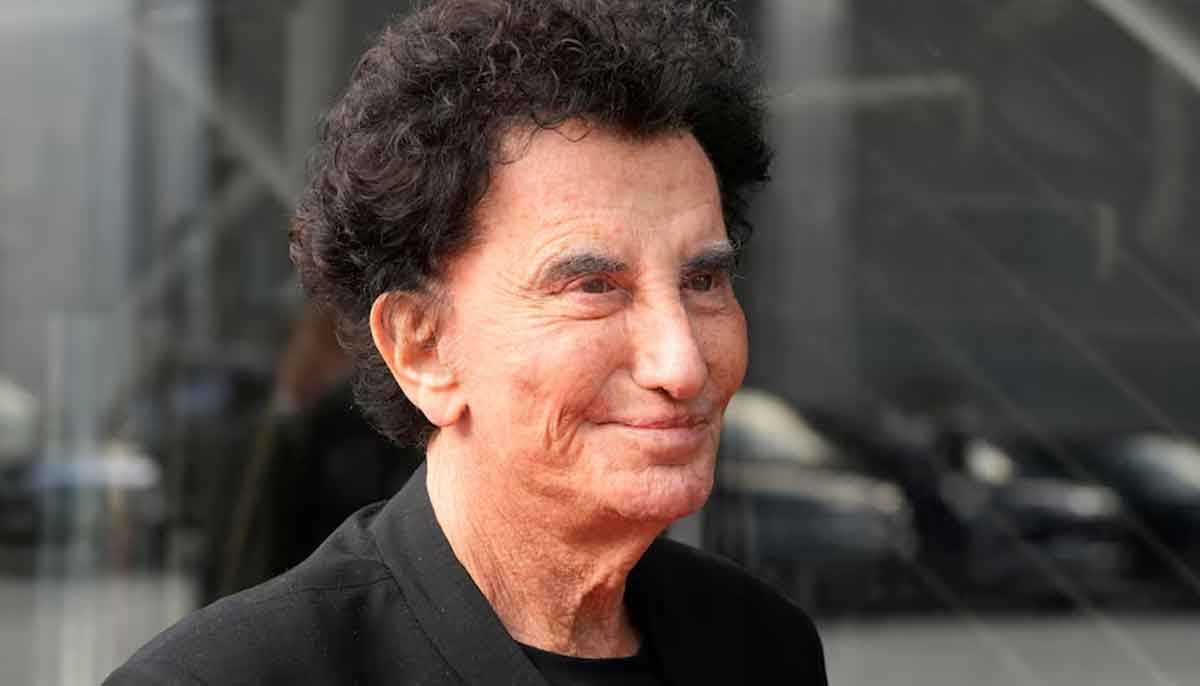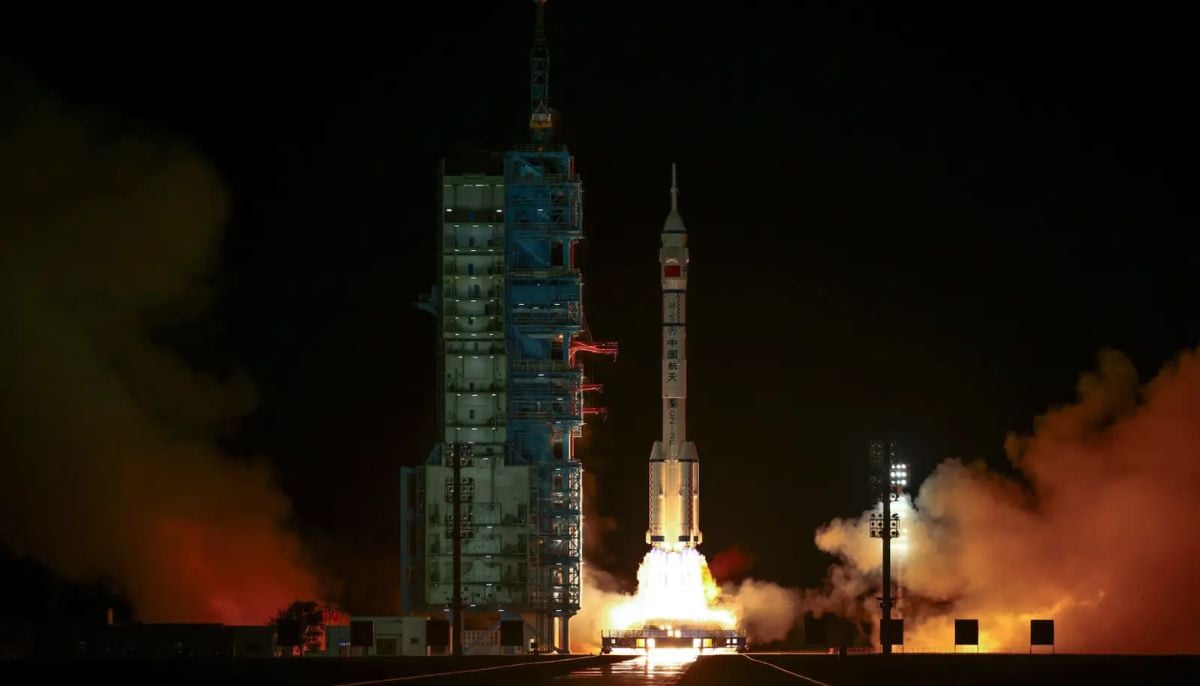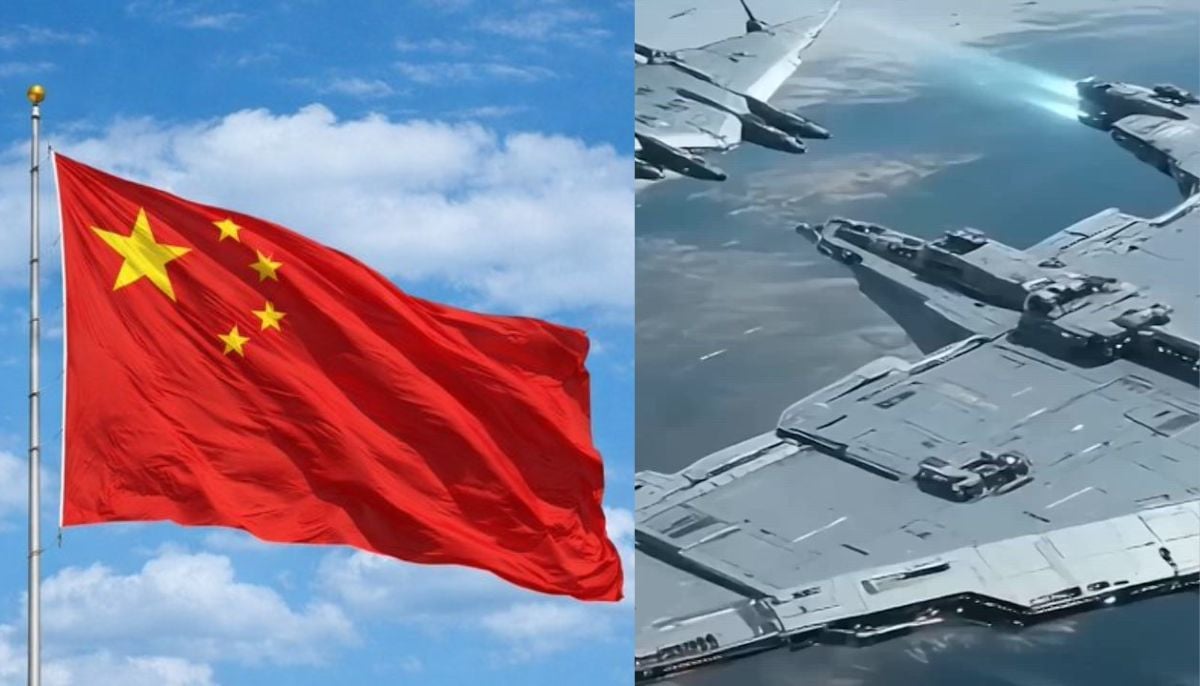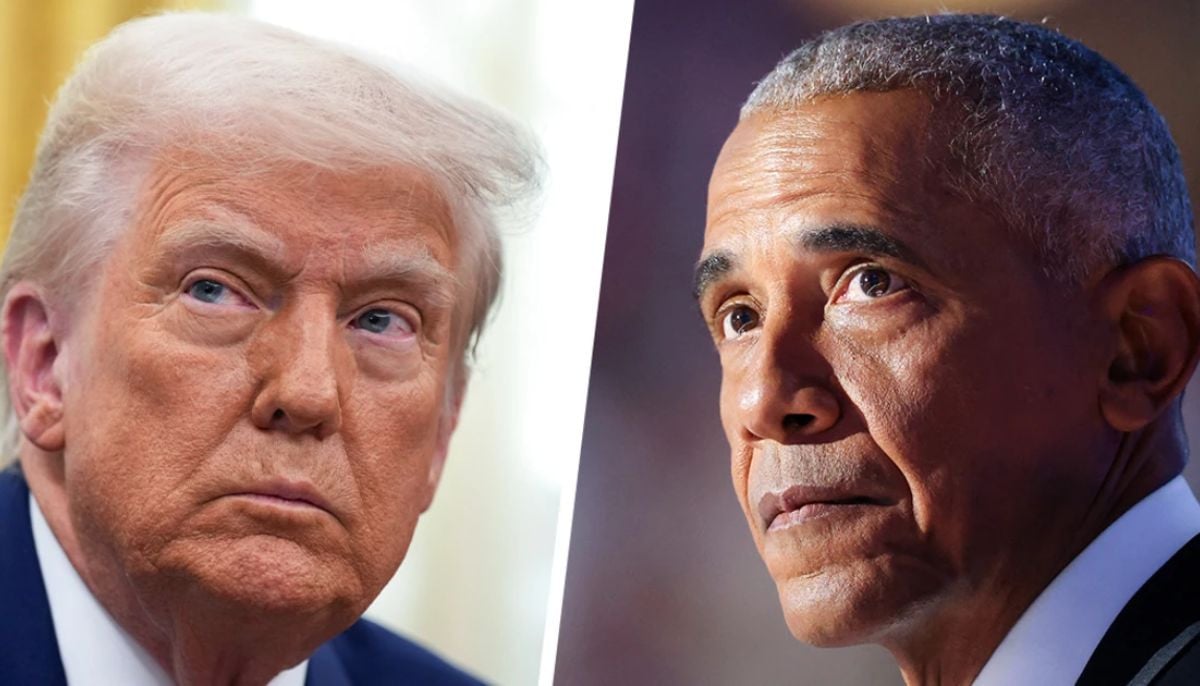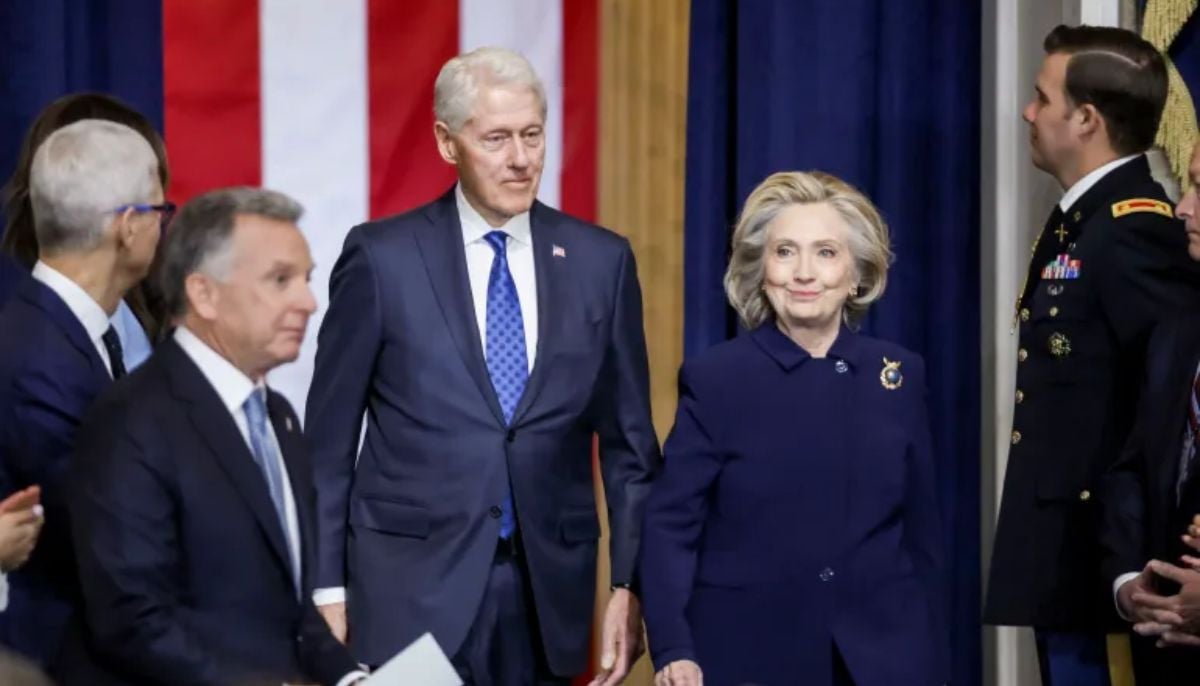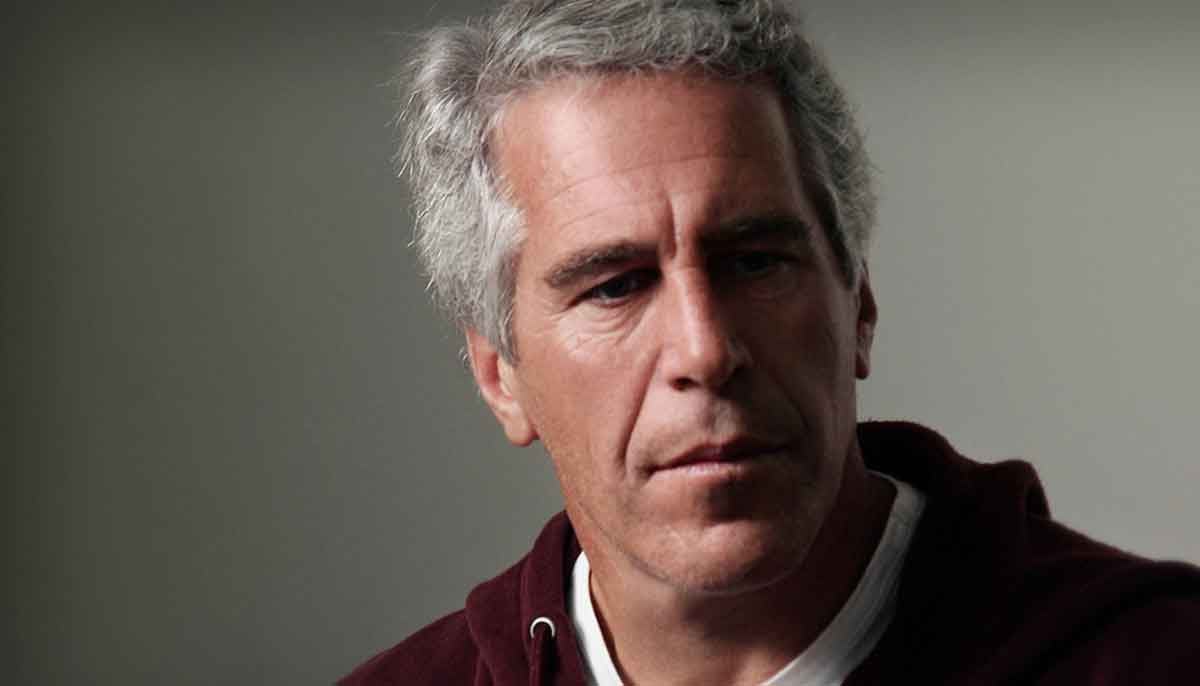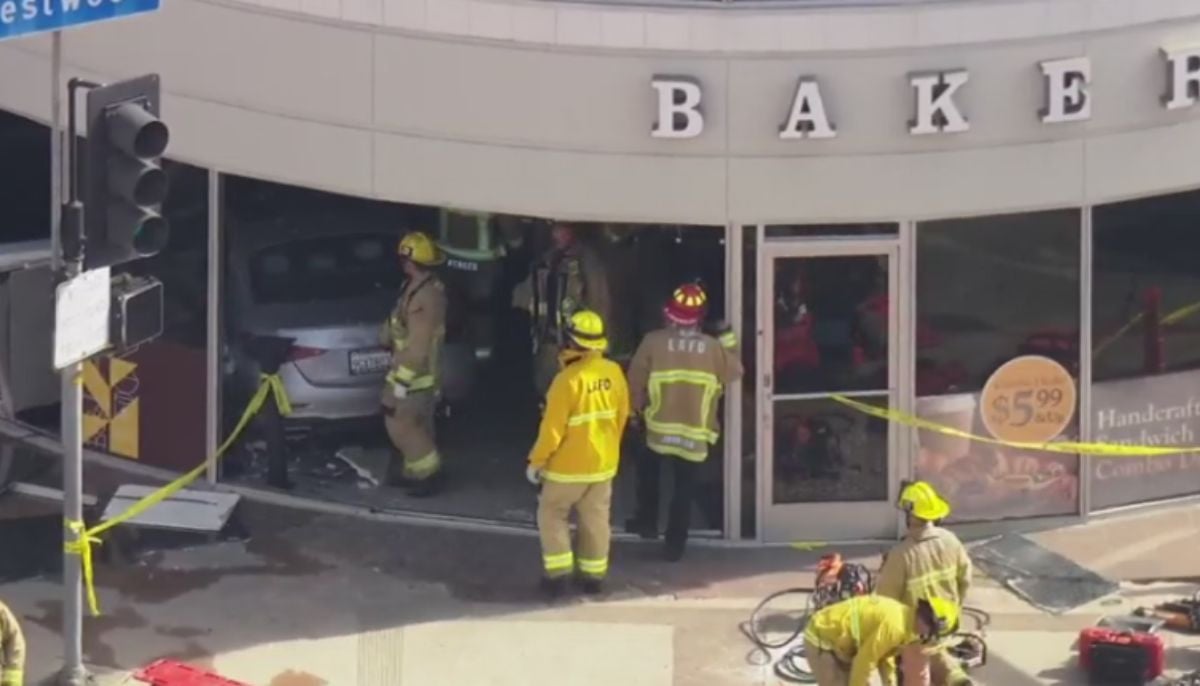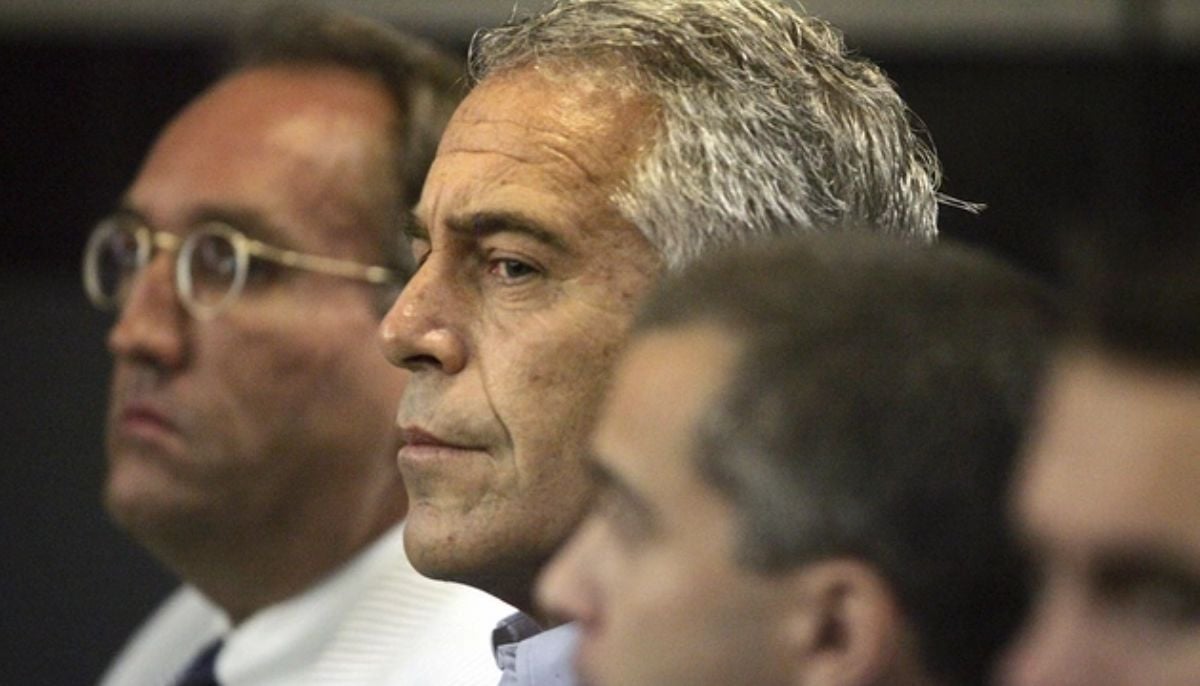Saudia Arabia clears out Holy Kaaba as 'preventive measure'
A Saudi official called the measure 'unprecedented'
Saudi Arabia on Thursday cleared out Islam's holiest site, Holy Kaaba, for sterilisation over fears of the new coronavirus in an unprecedented move after the kingdom suspended the year-round Umrah pilgrimage.
State TV relayed stunning images of an empty white-tiled area surrounding the Kaaba — a large black cube structure inside Makkah's Grand Mosque, which is usually packed with tens of thousands of pilgrims.
The move was a "temporary preventive measure" but the upper floors of the Grand Mosque were still open for prayers, a Saudi official told AFP.
He called the measure "unprecedented".
On Wednesday, the kingdom halted the Umrah pilgrimage for its own citizens and residents.
The move came after authorities last week suspended visas for the Umrah and barred citizens from the six-nation Gulf Cooperation Council from entering Makkah and Madina.
Saudi Arabia on Thursday declared three new coronavirus cases, bringing the total number of reported infections to five.
The Umrah, which refers to the Islamic pilgrimage to Makkah that can be undertaken at any time of year, attracts millions of Muslims from across the globe annually.
The decision to suspend the Umrah comes ahead of the holy fasting month of Ramadan starting in late April, which is a favoured period for pilgrimage.
It is unclear how the coronavirus will affect the Haj, due to start in late July.
Some 2.5 million faithful travelled to Saudi Arabia from across the world in 2019 to take part in the hajj, which is one of the five pillars of Islam as Muslim obligations are known.
The event is a massive logistical challenge for Saudi authorities, with colossal crowds cramming into relatively small holy sites, making attendees vulnerable to contagion.
-
Trump refuses apology for video depicting Obama as apes amid growing backlash
-
US appeals court affirms Trump’s immigration detention policy
-
Epstein probe: Bill, Hillary Clinton call for public testimony hearing
-
Epstein ties: UK police search properties in probe into Peter Mandelson
-
Three killed, several injured after car crashes straight into Los Angeles supermarket
-
Inside Jeffrey Epstein's troubling final days before suicide
-
Woman, five others accused of plot to kill judge 'to free jailed lover'
-
Japan’s cherry blossom festival canceled in Fujiyoshida; Here’s what to know
